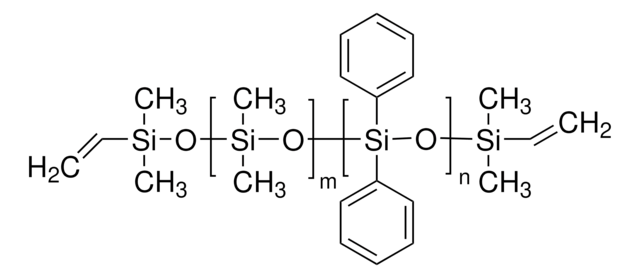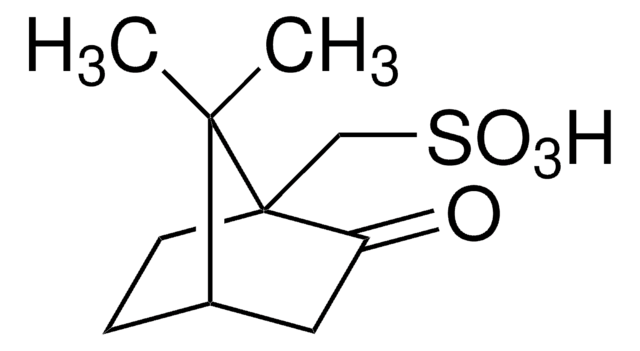556386
Polyaniline (emeraldine base)
average Mw ~50,000
Sinónimos:
Emeraldine base polyaniline
About This Item
Productos recomendados
mol peso
average Mw ~50,000
Nivel de calidad
solubilidad
m-cresol: soluble
DMAC: soluble
DMF: soluble
DMSO: soluble
NMP: soluble
λmáx.
~330 nm
InChI
1S/C3H4BrN3.ClH/c1-2-3(4)6-7-5-2;/h1H3,(H,5,6,7);1H
Clave InChI
LYCWKZFKTMHXQA-UHFFFAOYSA-N
¿Está buscando productos similares? Visita Guía de comparación de productos
Categorías relacionadas
Descripción general
Aplicación
Características y beneficios
Código de clase de almacenamiento
11 - Combustible Solids
Clase de riesgo para el agua (WGK)
WGK 3
Punto de inflamabilidad (°F)
Not applicable
Punto de inflamabilidad (°C)
Not applicable
Equipo de protección personal
Eyeshields, Gloves, type N95 (US)
Elija entre una de las versiones más recientes:
¿Ya tiene este producto?
Encuentre la documentación para los productos que ha comprado recientemente en la Biblioteca de documentos.
Los clientes también vieron
Artículos
Dr. Tan and researcher introduce recent trends in Self-healing Soft Electronic Materials and Devices. The emergence of smart, functional SHPs will be highly beneficial to the advancement of the next-generation self-healing soft electronic devices. Autonomously self-healing devices could help to minimize the need for repair or replacement of electronics and machines, potentially reducing the cost of materials and reducing electronic waste.
Nuestro equipo de científicos tiene experiencia en todas las áreas de investigación: Ciencias de la vida, Ciencia de los materiales, Síntesis química, Cromatografía, Analítica y muchas otras.
Póngase en contacto con el Servicio técnico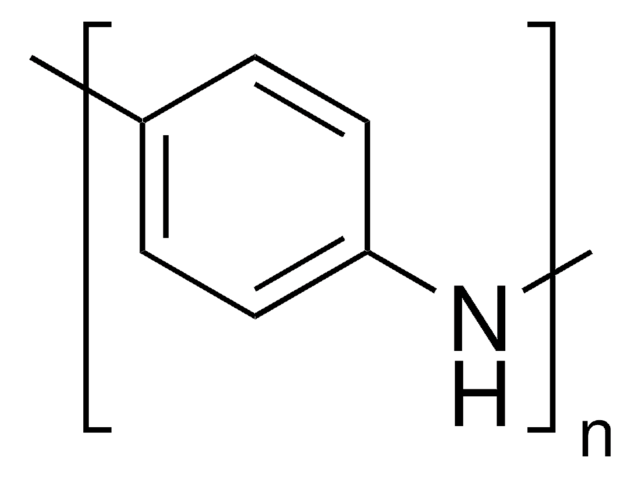


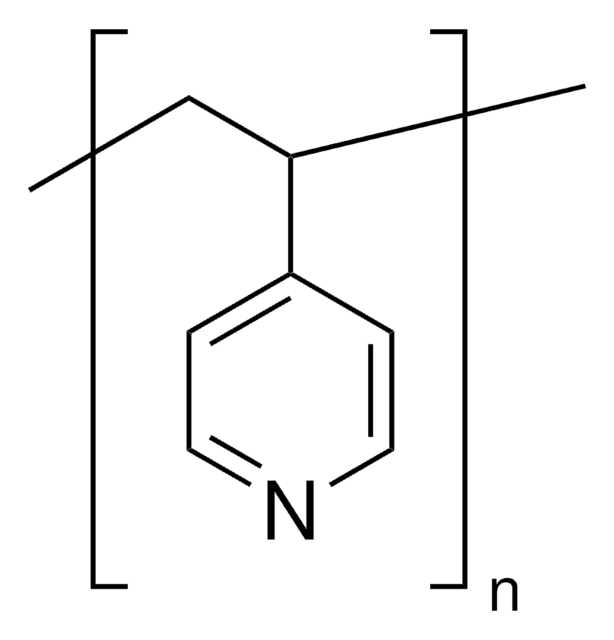

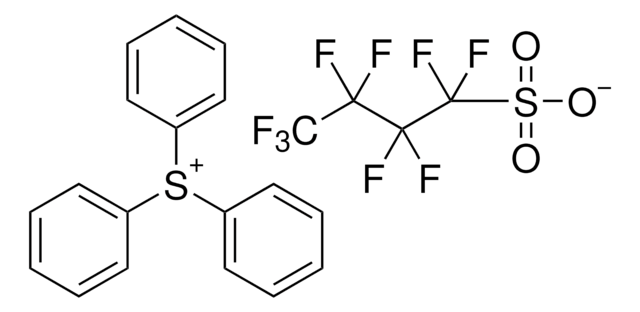
![[2-(2-Butoxyethoxy)ethyl] acetate for synthesis](/deepweb/assets/sigmaaldrich/product/images/380/792/14a1bc60-0ae8-4fca-88b2-8d3863235e4c/640/14a1bc60-0ae8-4fca-88b2-8d3863235e4c.jpg)


